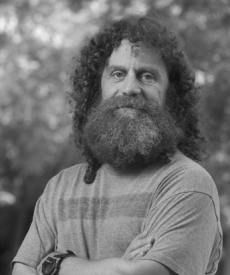BSMPG is proud to announce DR. ROBERT SAPOLSKY as a speaker at the 2015 BSMPG Summer Seminar - May 15-16th, 2015. Last year was a sell out and the only difference this year will be us announcing a sell out well in advance! This will be one of the greatest performance and therapy seminars of all time!
Be sure to save the date and reserve your hotel room well in advance.
See you in Boston in May!!!


DR. ROBERT SAPOLSKY
Professor of Biological Sciences, Neurology, Neurological Sciences, and Neurosurgery, Stanford University
SPONSORED BY:

Keynote Address: Why Zebras Don't Get Ulcers: Stress, Disease and Coping
A lecture on stress and where stress-related diseases come from. It is based on Dr. Sapolsky's book by the same title.
Robert Sapolsky is one of the world's leading neuroscientists, and has been called "one of the finest natural history writers around" by The New York Times. In studying wild baboon populations, Sapolsky examined how prolonged stress can cause physical and mental afflictions. His lab was among the first to document that stress can damage the neurons of the hippocampus. Sapolsky has shown, in both human and baboon societies, that low social status is a major contributor to stress and stress-related illness. He boils down the contemporary human's relationship with stress as follows: "We are not getting our ulcers being chased by Saber-tooth tigers, we're inventing our social stressors—and if some baboons are good at dealing with this, we should be able to as well. Insofar as we're smart enough to have invented this stuff and stupid enough to fall for it, we have the potential to be wise enough to keep [these stressors] inperspective." Sapolsky's study of stress in non-human primates has offered fascinating insight into how human beings relate to this universal pressure.


